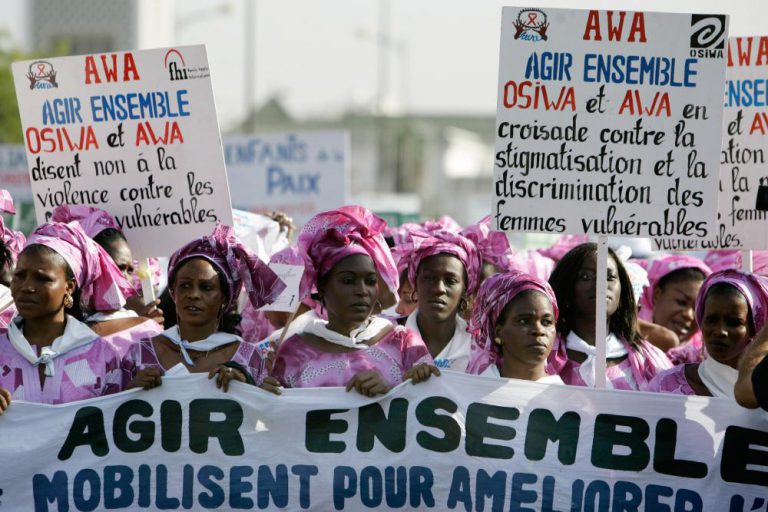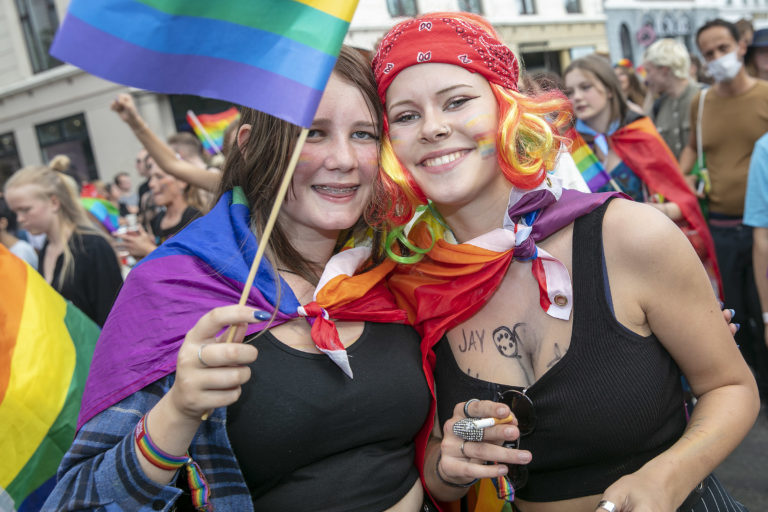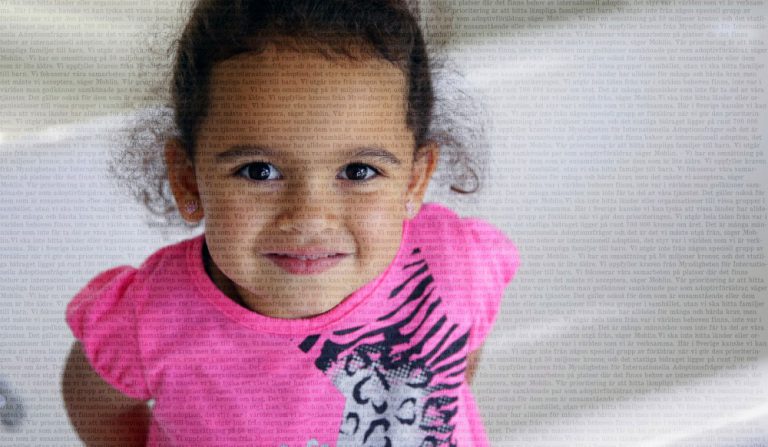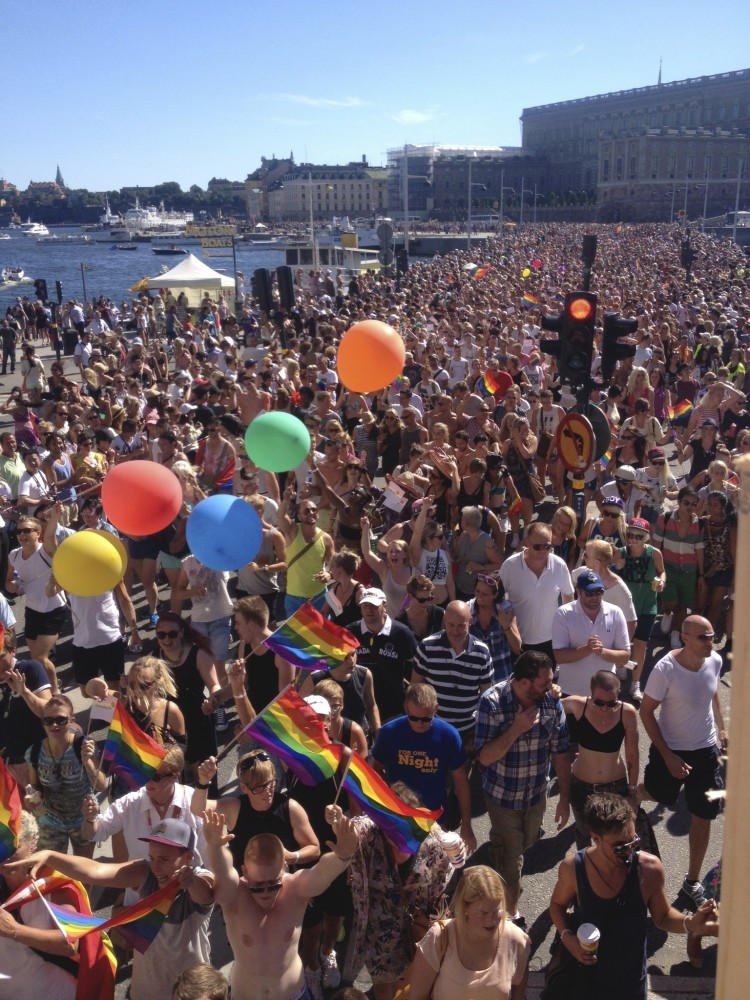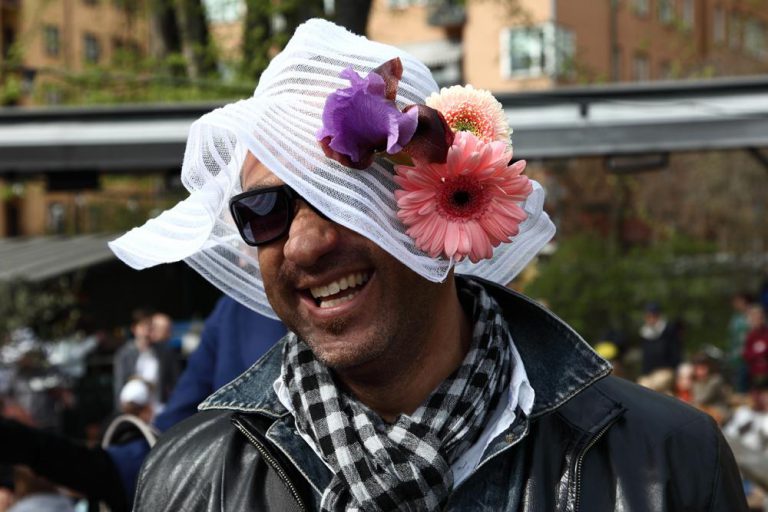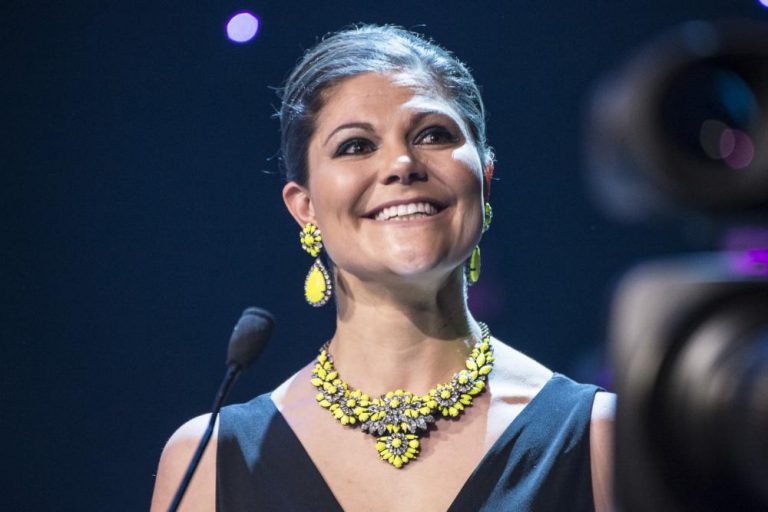On Dec. 19, police raided the apartment of gay leader Diadji Diouf, arrested him and the other men, and confiscated condoms and lubricants.
The men were taken to a police station and held until Dec. 24, then transferred to a detention center, where they were held until trial. Human Rights Watch said the men were beaten while in custody.
According to the International Gay and Lesbian Human Rights Commission, the men’s lawyers had only limited access to case files and little time to prepare for the hearing. At the trial, prosecutors reportedly used the confiscated condoms and lube as evidence that the men had engaged in gay sex.
The men received the maximum five-year sentence for engaging in what the Penal Code calls ”an improper or unnatural act with a person of the same sex” and three additional years for being members of the HIV-services organization AIDES Sénégal, the ”criminal association.”
”IGLHRC is deeply concerned by what appears to be a violation of the right to a free and fair trial, the right to privacy and the right to freedom from discrimination,” the group said.
”These charges will have a chilling effect on AIDS programs,” added Scott Long, director of Human Rights Watch’s LGBT Rights Division. ”Outreach workers and people seeking HIV prevention or treatment should not have to worry about police persecution. Senegal should drop these charges and repeal its sodomy law (which) invades privacy, criminalizes health work, justifies brutality and feeds fear.”
HRW said the sentences have ”produced widespread panic among organizations addressing HIV and AIDS, particularly those working with men who have sex with men.”
The arrests occurred several days after Senegal hosted the 15th International Conference on AIDS and STIs (sexually transmitted infections) in Africa. Presentations at the conference highlighted the contradictions in countries such as Senegal that aim HIV-prevention
efforts at men who have sex with men but continue to criminalize same-sex relations.
Last February, 10 men and a woman were arrested in Dakar, the capital city, after a popular magazine published photographs of a purported marriage ceremony between two Senegalese men.
Although the individuals were later released, ”the publicity and arrests created tremendous public animosity toward LGBT people in Senegal,” IGLHRC said.
”Many gay men and lesbians were attacked by mobs or driven from their homes,” the organization said.
Uppdaterad 2016-11-16
Hjälp oss att komma ut
För att QX som månads- och nyhetstidning skall kunna fortsätta ge röst åt regnbågssamhället i hela sin fantastiska bredd behöver vi ditt stöd!
Som prenumerant får du månadstidningen digitalt före alla andra och du kan även välja att få den hemskickad. Med ditt stöd kan vi fortsatt komma ut!

